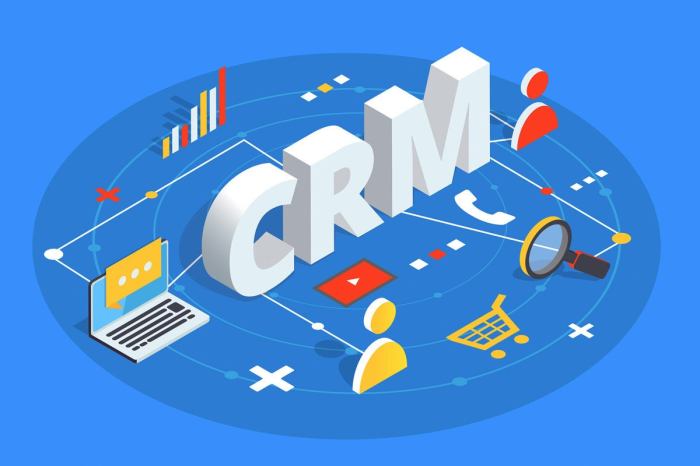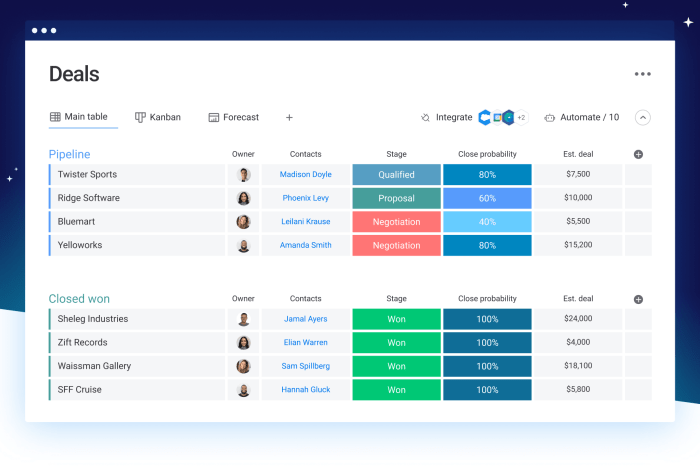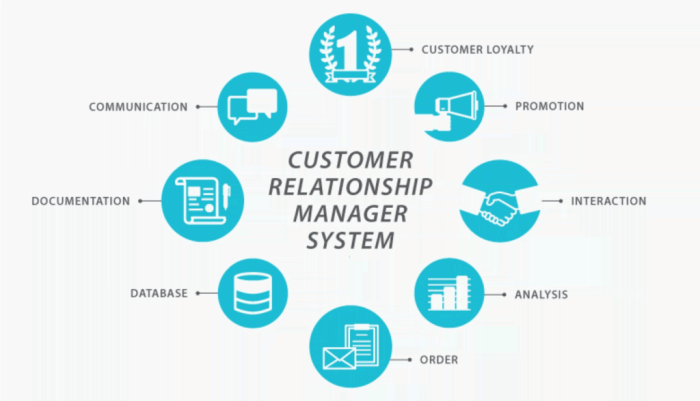In today’s competitive landscape, providing exceptional customer service is paramount to success. A well-implemented Customer Relationship Management (CRM) system, specifically one tailored for customer service, can be the cornerstone of a thriving business. This comprehensive guide delves into the intricacies of CRM customer service software, exploring its features, benefits, selection process, and implementation strategies. We’ll also address common questions and concerns to help you make an informed decision.
Understanding CRM Customer Service Software: More Than Just a Contact List
CRM customer service software goes far beyond a simple contact list. It’s a powerful tool that centralizes customer interactions, streamlines workflows, and empowers your team to deliver personalized, efficient support. It integrates various communication channels, providing a unified view of each customer’s journey. This holistic approach enables proactive service, personalized interactions, and ultimately, increased customer satisfaction and loyalty.
Key Features of Effective CRM Customer Service Software
- Ticketing System: Efficiently manage customer inquiries, track their progress, and ensure timely resolution. Features like automated routing, prioritization, and escalation workflows are crucial.
- Knowledge Base Integration: Empower agents with quick access to a comprehensive knowledge base, reducing resolution times and improving the accuracy of responses. This often involves seamless integration with help desk software.
- Multi-Channel Support: Handle customer interactions across various channels – email, phone, live chat, social media – from a single interface. This ensures consistency and avoids channel silos.
- Customer Interaction History: Maintain a complete record of every interaction with a customer, providing agents with valuable context for personalized service. This includes past tickets, calls, and notes.
- Reporting and Analytics: Track key metrics like resolution time, customer satisfaction (CSAT), and agent performance. This data-driven approach allows for continuous improvement and optimization of your customer service strategy.
- Self-Service Portal: Empower customers to find answers independently through a searchable knowledge base, FAQs, and troubleshooting guides. This reduces the burden on your support team.
- Automation and Workflow Management: Automate repetitive tasks, such as assigning tickets and sending follow-up emails, freeing up agents to focus on complex issues. This includes features like chatbots and automated email responses.
- Integration with other Business Systems: Seamlessly integrate with other business tools like e-commerce platforms, marketing automation software, and accounting systems for a holistic view of your customer relationships.
- Customer Segmentation and Targeting: Group customers based on shared characteristics to personalize communication and offer targeted support. This improves customer experience and boosts loyalty.
Benefits of Implementing CRM Customer Service Software
Investing in a robust CRM customer service solution offers a multitude of benefits, impacting both your customer experience and your bottom line:
- Improved Customer Satisfaction: Personalized service, faster response times, and easier access to information lead to happier customers.
- Increased Efficiency and Productivity: Automation and streamlined workflows free up agents to focus on more complex issues, increasing their overall productivity.
- Reduced Operational Costs: Automation and self-service options can significantly reduce the cost of providing customer support.
- Enhanced Agent Performance: Access to comprehensive customer information and efficient tools empowers agents to perform at their best.
- Better Data-Driven Decision Making: Detailed reporting and analytics provide valuable insights into customer behavior and support performance, enabling data-driven improvements.
- Stronger Customer Relationships: Personalized interactions and proactive service foster stronger bonds with your customers, leading to increased loyalty and advocacy.
- Improved First Contact Resolution (FCR): Empowered agents and readily available information contribute to higher FCR rates.
- Scalability and Flexibility: A well-chosen CRM system can easily adapt to the growth of your business.
Choosing the Right CRM Customer Service Software: Key Considerations
Selecting the right CRM system is a crucial decision. Consider these factors:
- Business Size and Needs: Choose a system that scales with your business and addresses your specific requirements.
- Budget: CRM solutions range in price, from affordable cloud-based options to enterprise-level systems.
- Integration Capabilities: Ensure seamless integration with your existing business systems.
- User-Friendliness: Select a system that is intuitive and easy for your team to use.
- Scalability and Flexibility: Choose a system that can adapt to your changing needs as your business grows.
- Customer Support and Training: Ensure the vendor provides adequate support and training resources.
- Security and Data Privacy: Prioritize a system that offers robust security features to protect customer data.
Implementing CRM Customer Service Software: A Step-by-Step Guide
- Needs Assessment: Clearly define your business requirements and objectives.
- Vendor Selection: Research and select a CRM provider that meets your needs and budget.
- Data Migration: Transfer your existing customer data to the new system.
- System Configuration: Customize the system to match your workflows and processes.
- Training and Onboarding: Provide comprehensive training to your team.
- Go-Live and Monitoring: Launch the system and continuously monitor its performance.
- Ongoing Optimization: Regularly review and optimize your CRM strategy based on data and feedback.
Frequently Asked Questions (FAQ)
Here are answers to some common questions about CRM customer service software:

Source: idgesg.net
- Q: How much does CRM customer service software cost? A: Pricing varies widely depending on the features, scalability, and vendor. Expect to pay anywhere from a few hundred dollars per month for cloud-based solutions to thousands for enterprise-level systems.
- Q: How long does it take to implement CRM customer service software? A: Implementation time varies depending on the complexity of the system and the size of your business. It can range from a few weeks to several months.
- Q: What are the key metrics to track with CRM customer service software? A: Key metrics include resolution time, customer satisfaction (CSAT), first contact resolution (FCR), average handle time (AHT), and agent performance.
- Q: How can I ensure data security with CRM customer service software? A: Choose a vendor with robust security measures, including data encryption, access controls, and regular security audits. Comply with relevant data privacy regulations.
- Q: Can CRM customer service software integrate with other systems? A: Yes, many CRM systems offer integration with other business tools, such as marketing automation, e-commerce platforms, and accounting software.
Conclusion
Implementing CRM customer service software is a strategic investment that can significantly enhance your customer service operations, leading to improved customer satisfaction, increased efficiency, and ultimately, business growth. By carefully considering your needs, selecting the right system, and implementing it effectively, you can unlock the full potential of your customer relationships.
References
Call to Action
Ready to transform your customer service? Contact us today for a free consultation to explore how CRM customer service software can benefit your business.

Source: cloudinary.com
User Queries
What is the average cost of CRM customer service software?
Costs vary greatly depending on the features, scalability, and vendor. Expect to find options ranging from free, limited plans to enterprise-level solutions costing thousands per month.

Source: cyberhoot.com
How long does it take to implement CRM customer service software?
Implementation time depends on the complexity of the software and the size of your business. Simpler systems might take weeks, while more complex integrations can take months.
What are the key metrics to track when using CRM customer service software?
Key metrics include customer satisfaction (CSAT), Net Promoter Score (NPS), resolution time, first contact resolution rate, and average handle time.
Can CRM customer service software integrate with other business tools?
Yes, most modern CRM systems offer robust integration capabilities with other tools like email marketing platforms, social media management tools, and accounting software.
